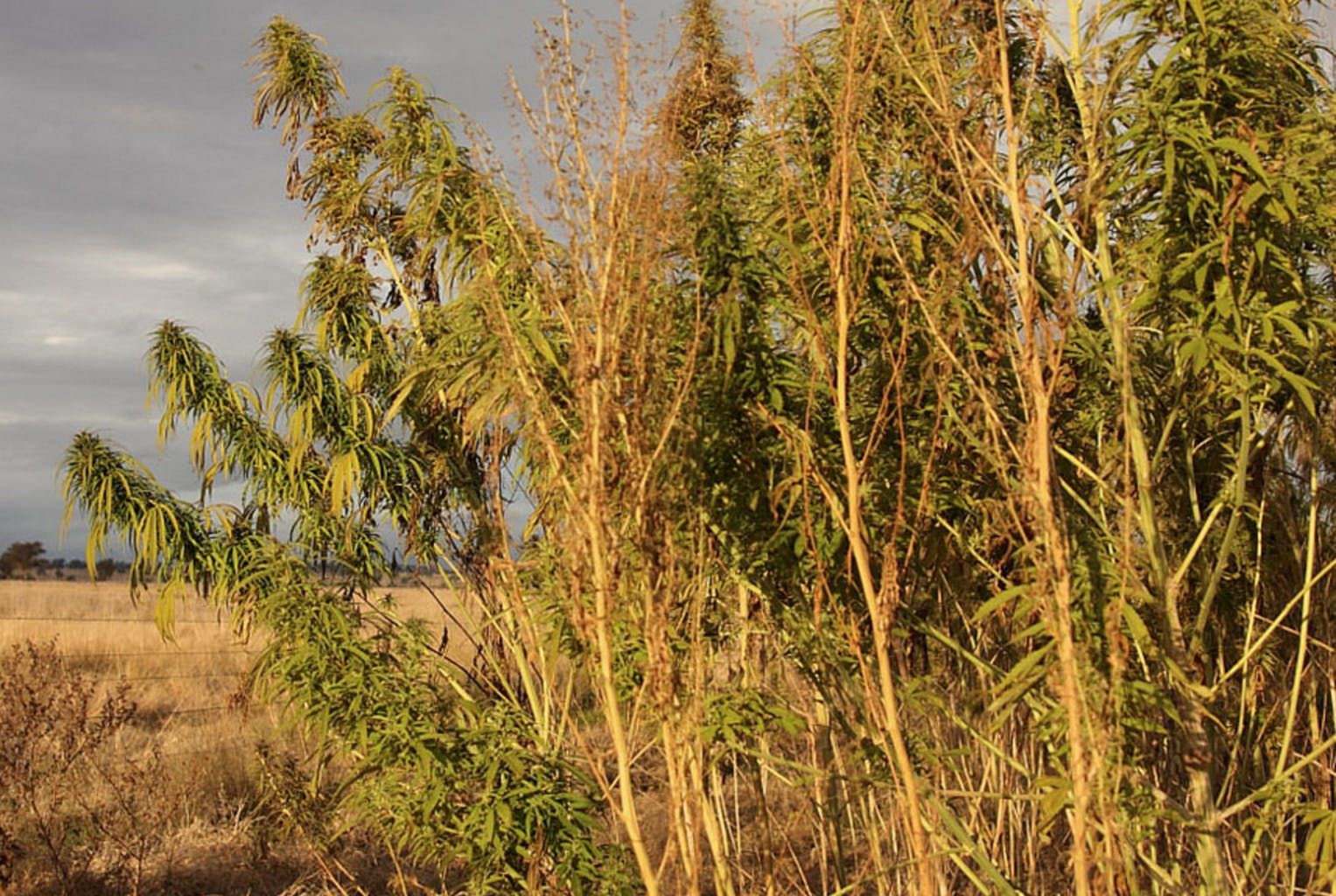Most people know hemp as a natural-colored fiber that’s used to make
jewelry and soft goods such as bags and clothing. Few people, however,
know about hemp’s long and controversial history. Despite being one of
the oldest domestic crops in the world (according to the North American
Industrial Hemp Council, hemp has been cultivated for at least 12,000
years), hemp is illegal in many places. Here’s what consumers need to
know about this ancient plant.
What Is Hemp?
Contrary to what many people think, hemp isn’t simply the cast-off
portion of psychoactive cannabis plants. There are many types of
cannabis plants, and hemp is simply a variety of non-psychoactive
cannabis. While hemp and psychoactive marijuana are technically born
from the same species, they’re differentiated by their chemical makeup
(hemp contains less than 1% THC), uses and growing methods.
What Is Hemp Used for?
For thousands of years, hemp has been used to produce textiles, paper,
clothing and household products. The plant offers a source of renewable
materials for use in thousands of industries. The seeds of
hemp,
for example, are often used in high-end organic foods, while the extract
from the seeds and flowers is commonly used in organic skin lotions. The fibers
and stalks of the hemp plant are used in plastics and as construction
material. Meanwhile, the stalk of the hemp plant is used to make a variety of
things, including mulch, insulation and cardboard.
Hemp can also be used to develop a wide selection of hemp CBD
products, which offer all of the medical
benefits of cannabis without any of the potentially troublesome psychoactive effects. These
products are used to treat nausea, seizures, anxiety disorders,
psychotic disorders and depression. While the positive medical
effects of CBD are widely known, it’s important to note that marijuana-derived CBD may be difficult to access in many areas, while hemp-derived CBD
products may be easier to come by.
Unfortunately, there’s much debate
about whether the effects of hemp- and cannabis-derived CBD products are
the same. While hemp-derived CBD products may be easier to get a hold of,
the unfortunate fact is that they’re likely not as effective as
cannabis-derived CBD products, which are generally more potent.
Hemp Is an Eco-Friendly Crop
In addition to being valuable for many industries, hemp is also an
incredibly eco-friendly crop that benefits the land and soil of the
farmers who grow it. As hemp matures, it consumes large amounts of CO2,
cleanses the soil of toxins, and puts down roots that help prevent soil
erosion and loss of topsoil.
Additionally, hemp needs less water than more traditional crops, such as
soybeans and corn, and requires no pesticides to flourish. Because of
these traits, hemp is even being investigated as a crop that could
potentially be used to help restore the shrinking Everglades by leaching
agricultural runoff from the ground and stabilizing soil.
How Hemp Differs From Marijuana
Any consumer who pulls a chunk of hemp out of the ground and attempts to
smoke it will be vastly disappointed. While hemp has many uses,
intoxication simply isn’t one of them. Hemp differs from marijuana in
that it contains an incredibly small amount of tetrahydrocannabinol (THC).
While marijuana generally possesses a THC content of anywhere between
3% and 30%, industrial hemp’s levels are generally lower than
1%. With that in mind, a person would have to smoke somewhere
between 10–12 industrial hemp cigarettes in a matter of minutes to
even begin to feel the mildest of psychoactive effects.
Why Hemp Is Illegal
Given its many uses, agricultural benefits and incredibly low potential
for psychoactivity, many consumers wonder why hemp is illegal. The
answer is complex. In 1937, the Marijuana Tax
Act set
out to regulate the use of cannabis. In doing so, it put strict
regulations and guidelines on the sale and development of all cannabis
varieties, of which there are hundreds—including hemp.
In 1970, the Controlled Substances
Act
was introduced, classifying all variations of cannabis as a
Schedule I drug. This classification makes hemp illegal for cultivation
in the U.S. Though hemp is grown widely in other countries such as Canada, the U.S. is forced to import all hemp due to the 1970 act.
The Future of Hemp
As of 2014, states that have developed their own set of industrial hemp
rules and regulations have been allowed to grow hemp for research
purposes. This amendment to the U.S. Farm Bill resulted in states like
Oregon and Colorado pioneering hemp agriculture efforts.
In early 2015,
a bill called the Industrial Hemp Farming
Act
was introduced to the Senate and the House. If the bill passes, it would seek to remove the long-standing restrictions on the production and sale of industrial hemp by removing
the crop from the list of Schedule I controlled substances.
According to Rep. Jared Polis, a Colorado-based democratic sponsor of the bill, "The
federal ban on hemp has been a waste of taxpayer dollars that ignores
science, suppresses innovation and subverts the will of states."
As it stands now, the U.S. is the world’s single largest consumer of
hemp products—and the only major developed country that outlaws production of hemp. Fortunately, many experts in the cannabis industry believe that the legalization of industrial hemp isn’t far off.
In addition to providing a considerable economic boost for the cities
and states involved in cultivating industrial hemp, removing hemp from
the list of Schedule I controlled substances would also present a
cleaner, more eco-friendly and more sustainable crop option for farmers
everywhere.
While the legalization of hemp is not yet a sure thing, many industry
experts feel optimistic about the future of this versatile plant.
Photo credit: Tara Jones
If you’re new to cannabis and want to learn more, take a look at our Cannabis 101 post. HelloMD can help you get your medical marijuana recommendation; it’s easy, private and 100% online.



